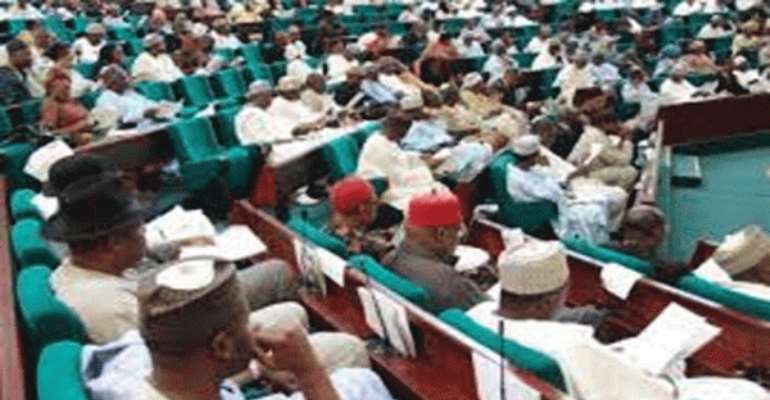Passport, Privileges, Poverty – Vanguard

One of the most urgent bills before the National Assembly is one seeking amendments to the 2004 Passport Act. It has gone through the second reading at the House of Representatives and it is a matter of time for the amendments to become law.
What would the law contribute to the well-being of Nigerians? The importance of the law is its establishment of privileges it confers on certain classes of Nigerians. The law is to clearly determine, its proposers say, those who should be entitled to bear diplomatic, and official passports.
How important is this? Members of the National Assembly in executing their oversight functions, engage in extensive travels abroad. They want to change Nigeria to resemble their choice travel destinations. They have largely failed in the past 14 years to reflect lessons from their travels in the Nigeria they build.
Another major reason for their travels is leisure, which is found in parts so far flung that diplomatic passports ease their passages. Similarly, when they venture abroad for medical attention, their status and importance must be flaunted at every stop.
Diplomatic, and official passports are therefore important. They are status symbols, they cannot be allowed to stray into too many hands, otherwise, they become ordinary and reduce the status of their users.
Formerly, the executive arm of government issued the documents at its discretion. There are fears that some people, including some members of the National Assembly, may be excluded from the privilege, unless the law clearly confirms their status. Moreover, the
House of Representatives has started deciding those who would not get the passports.
The Comptroller Generals of the Fire Service and the Nigeria Security Civil Defence Corps, NSCDC, were removed from the list the House Committee on Interior compiled.
Our concerns are with the importance the National Assembly attaches to laws that extend the privileges of its members while neglecting the issues that result in the poverty that is ravaging the land.
How many laws has it made to facilitate policies that would minimise poverty? How do privileges like these benefit millions of Nigerians who in their lifetime would never need passports, not to mention diplomatic, and official ones?
When the National Assembly moves for its benefit, the urgency is obvious. The rapidity of delivery assumes a national importance disproportionate to the issue. Even at the apogee of abuses visited on similar official privileges, less than half a million Nigerians would have the diplomatic, and official passports at any given time.
The National Assembly can have its passports. It should however attend to the worries of most Nigerians - education, employment, food, health, infrastructure, justice, security. Nobody requires diplomatic passports to fix Nigeria.
